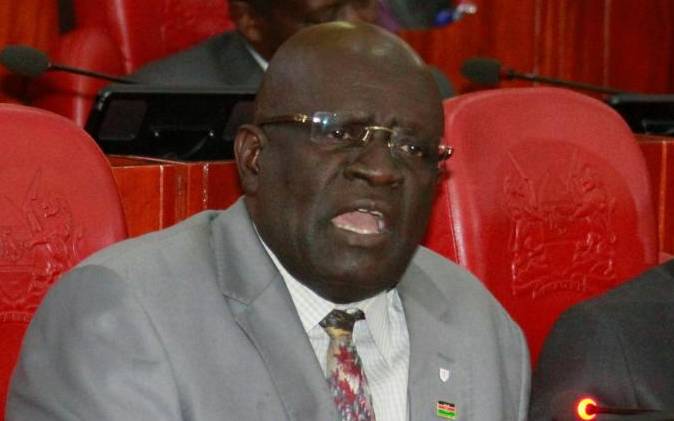×
The Standard e-Paper
Stay Informed, Even Offline

Education CS. George Magoha when he appeared before the Senate Education Committee at Parliament on Thursday on April, 7 2019. [Boniface Okendo/Standard]
The Government has lately been keen to cull what it views as useless degree courses. None other than the Deputy President, Dr William Ruto, has termed degree courses such as anthropology and history irrelevant. Under the hawkish Education CS George Magoha, many degree courses, especially in the arts, are set to be reviewed perhaps with the ultimate goal of expunging them.